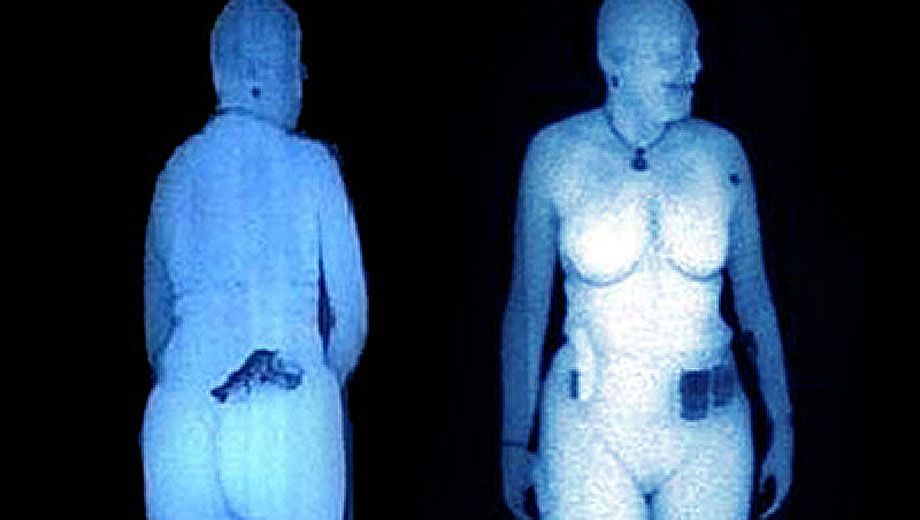The Federal Government is pushing ahead with the introduction of controversial backscatter x-ray scanners in Sydney and Melbourne airports this week.
The machines were put into service in Melbourne airport two days ago, and Sydney airport will get them on Monday.
Less precise millimetre wave scanning machines were trialled in Sydney, Melbourne and Adelaide airports in October/November 2008, with over 70,000 passengers volunteering to be "imaged" by the machines.
However, this time, the government isn't planning to scan passengers' bodies -- only bottles of liquid.
The idea is that the scanners may at some point make it possible passengers to take liquids onboard flights again, due to the scanners' enhanced ability to differentiate between different safe liquids and liquid explosives.
Meanwhile, concerns continue to mount in the US, with travellers threatening to boycott full-body backscatter x-ray scanners.
Some airline passengers are concerned that the x-ray backscatter scanners electronically undress them on screen for US Transport Safety Authority (TSA) officers, providing detailed imagery of their naked bodies. Even though the TSA says the officers reviewing the footage are located away from the actual security booths, and no scans are saved to disk, tech blog Gizmodo received leaked images of hundreds of passenger scans (though these were from a millimetre-wave machine in a courthouse, rather than an airport security gate).
Others are concerned that increased exposure to radiation will place them at higher risk of cancer, especially as x-ray back-scatter technology, which concentrates x-rays on the skin rather than more diffusely throughout the whole body are not adequately researched yet.
"One nuclear medicine expert told me that he is going to opt out of the scan," says Tucson, Arizona medical practitioner, Dr Jane Orient. "I think this much is clear: if you had a deadly disease, and the scanner were an FDA-regulated device that might save your life, your doctor wouldn’t be allowed to use it, because of inadequate study."
“They say the risk is minimal, but statistically someone is going to get skin cancer from these X-rays,” Dr Michael Love, told AFP. Love runs an X-ray lab at John Hopkins University School of Medicine.
The patdown has been described as akin to "sexual molestation" by pilots, and the US government's own Secretary of State, Hillary Clinton, has said on national TV that if she were not exempt from security checks, she would not want to have a full-body pat-down. "Not if I could avoid it. I mean, who would?" she said.


Hi Guest, join in the discussion on Australian airports get backscatter scanners this week